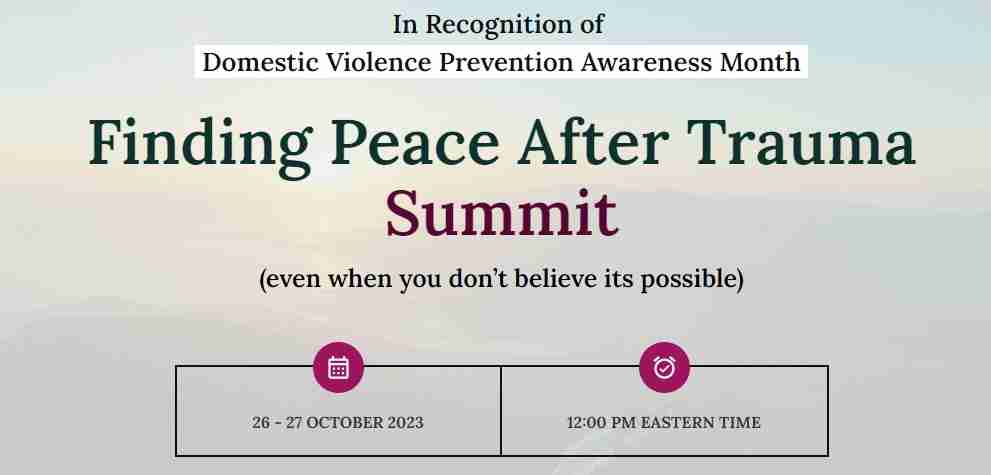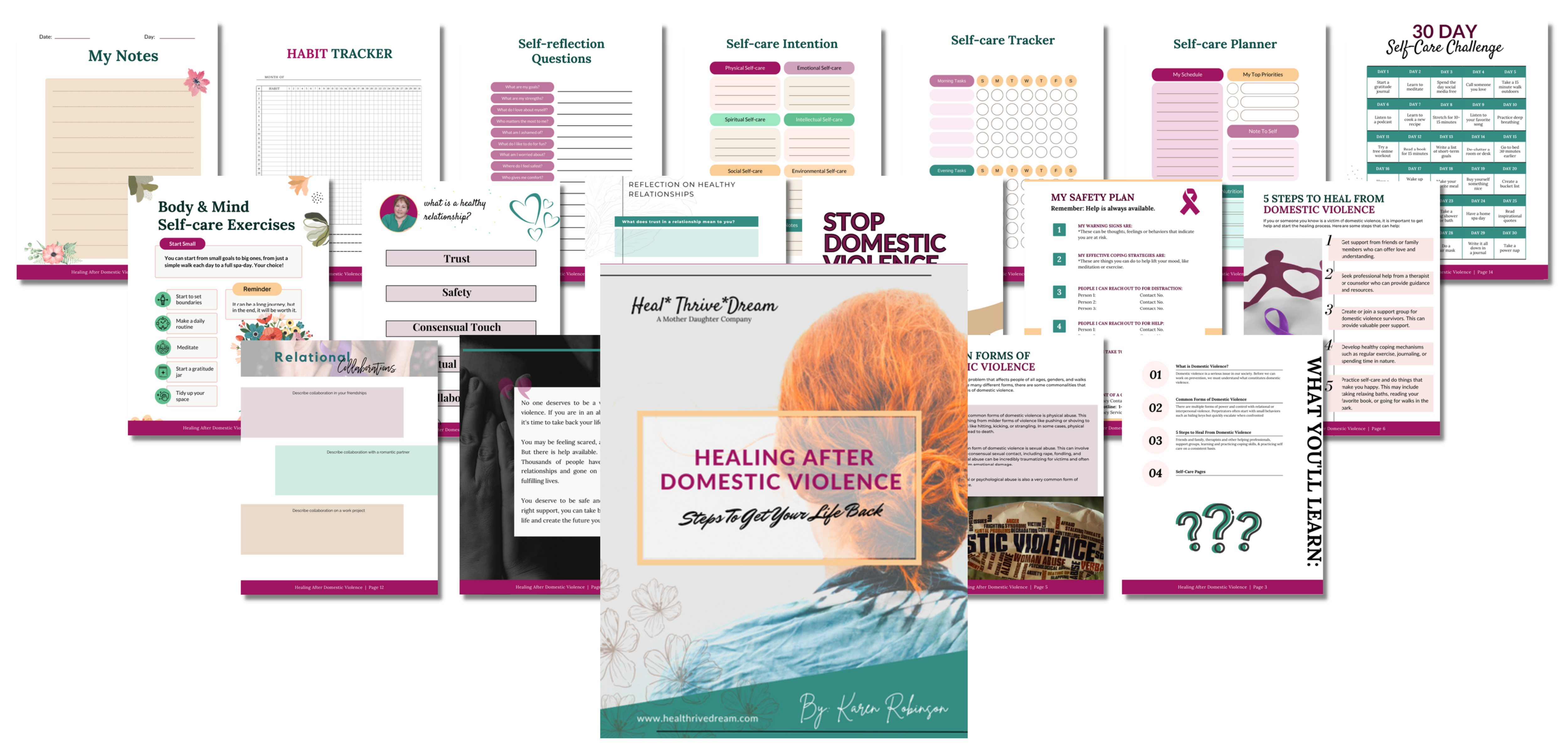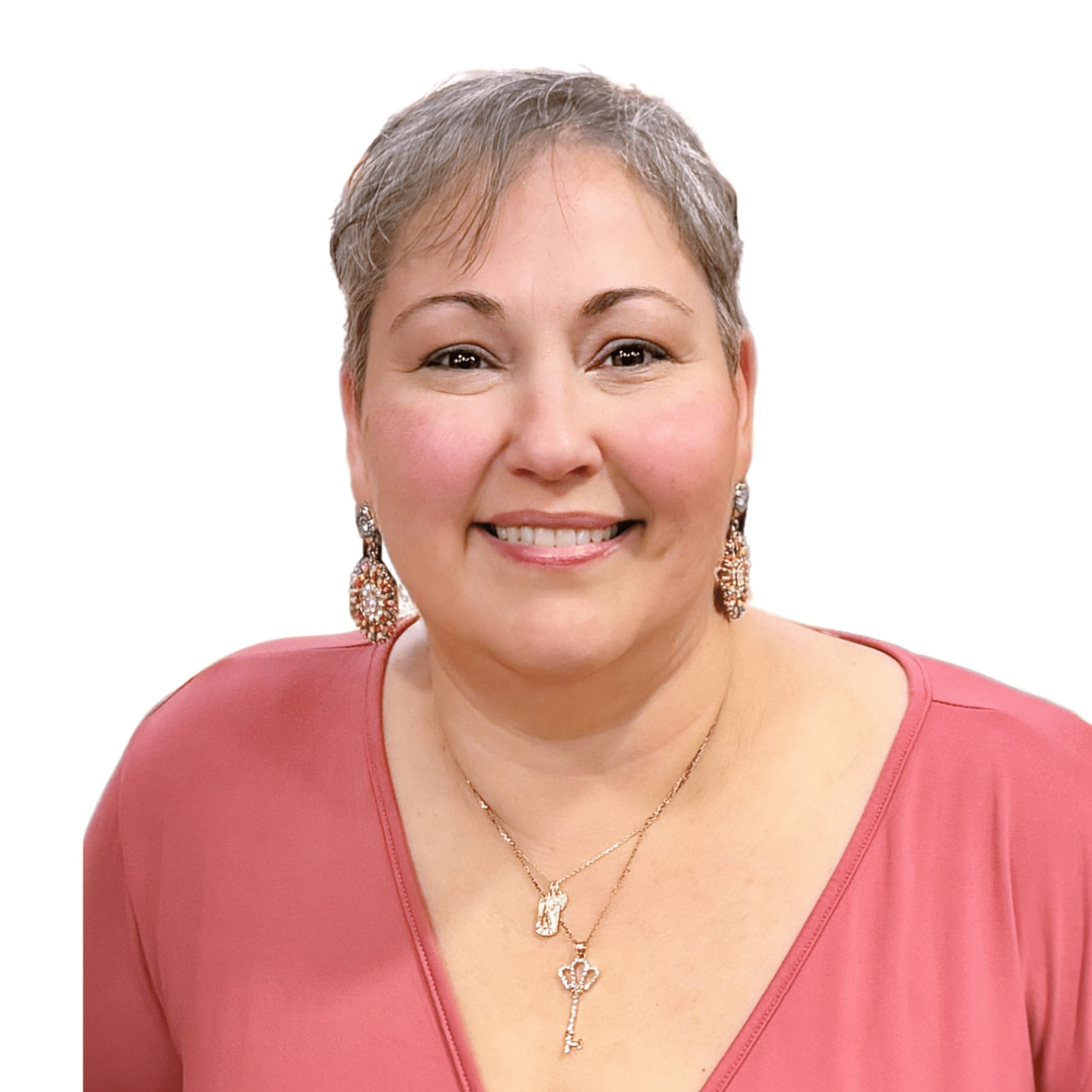Have you been chocked? Has your life been verbally or physically threatened? Are you wandering why I would start a blog post with these opening questions?
Domestic violence is serious. It is deadly. I am currently working with two women who lost their sisters from homicide. They were both killed by their partners. Both leaving behind children and other loved ones. I also work with women who have been raped, beaten, left for dead. Violence against women is not a small social issue. It is a beast. It is a beast we need to extinguish.
Domestic violence has long-lasting effects on the victim. Please seek help. Healing is a long, emotional journey. Physical wounds often heal and may leave ugly scars. Our emotional wounds don’t heal as easily. Getting the right support, treatment, and recovery is crucial. There are many holistic methods that can be used in order to heal your wounds. Some of these methods include: therapy, meditation, yoga, and journaling. By using these skills or techniques, you will be able to work through the pain and begin to heal.
Free Yourself: Discover Inner Healing and unlock the secrets of emotional recovery and gain tools to heal from trauma. Learn from leading experts and find the peace and resilience you deserve.
The impact
It is estimated that one in four women will experience domestic violence in her lifetime. This means that nearly every family has been, or will be, affected by this issue. The impact of domestic violence reaches far beyond the physical bruises and scars. It can have a lasting effect on the emotional health of both the victim and her children. Men can also be victims, it just isn’t as prevalent. However, violence against men, women, and children is not okay.
There are many contributors to domestic violence. Some of the most common factors are stress, mental health issues, and substance abuse. These are societal issues for both the perpetrator and the victim. We need to study and understand the factors precipitating domestic violence in order to work on prevention.
One of the most common contributors to domestic violence is stress. Stress can come from many different sources, such as financial problems, job loss, or relationship difficulties. When people are under a lot of stress, they may lash out at those around them. This can lead to physical or emotional abuse. Significant stress can be a component of a larger mental health issue which may also contribute to domestic violence. If someone is suffering from depression, anxiety, or another mental health disorder, they may be more likely to engage in abusive behavior. Of course the use of drugs or alcohol can exacerbate mental health symptoms.
Domestic violence can cause a wide range of emotions, from fear and anxiety to shame and guilt. Victims may feel like they are to blame for the abuse or that they are not worthy of love and respect. They may also struggle with feelings of powerlessness and isolation. These negative emotions can lead to depression, anxiety, substance abuse, and other mental health issues.
Children who witness domestic violence often suffer from emotional trauma. They may have difficulty trusting people, struggle with relationships, and have low self-esteem. Please note: children witnessing domestic violence are often MORE traumatized than if they were actually abused themselves. Watching your parent getting hurt, is incredibly threatening for children as they lose all sense of safety.
On a spiritual level, domestic violence can cause survivors to feel disconnected from themselves and from a higher power. This can leave them feeling lost and alone. Spiritual healing practices can help survivors reconnect with themselves and with something larger. This can provide a sense of peace and hope that can be transformative.
Emotional Healing
The first step in healing is acknowledging what happened. For many survivors, this can be the hardest part. It can be difficult to come to terms with the fact that you were hurt by someone you loved and trusted. But it’s important to remember that it wasn’t your fault and that you didn’t deserve the abuse.
Once you’ve acknowledged the abuse, it’s time to start working on coping mechanisms.
The physical scars of domestic violence may heal, but the emotional ones often linger. Survivors of abuse often struggle with anxiety, depression, and post-traumatic stress disorder (PTSD). It can be difficult to trust people and feel safe again after experiencing such trauma.
There is no one-size-fits-all solution for healing emotionally after domestic violence. However, there are some steps that can help. Therapists who specialize in treating survivors of abuse can help you work through your emotions and start to heal. You may also find support groups helpful. Talking about your experiences with other survivors can help you feel less alone and more supported.
It is important to give yourself time and space to heal. There is no timeline for healing, so go at your own pace. Be patient with yourself and remember that it is possible to heal emotionally after experiencing domestic violence.
If you're in an emotionally abusive relationship, know that you're not alone. Emotional abuse can be just as damaging as physical abuse, and it's often harder to spot. Here are some signs that you may be in an emotionally abusive relationship:
Your partner regularly puts you down or criticizes you.
Your partner threatens or openly bullies you.
Your partner tries to control what you do or who you see.
Your partner withholds affection or gives it only when they want something from you.
Your partner gaslights you, making you question your own reality and memory.
If any of these sound familiar, know that there is help available and that you can get out of an emotionally abusive relationships safely.
Physical Healing
Domestic violence takes a toll on its victims in many ways, not just emotionally. The physical effects of being beaten, kicked, punched, choked, or otherwise assaulted can be long-lasting and lead to serious health problems. Physical abuse can cause serious injuries, including broken bones and internal bleeding. In severe cases, it can even lead to death.
Domestic violence is a problem that affects people of all ages, genders, and backgrounds. If you are a victim of physical abuse, it is important to get help. There are many resources available to victims of domestic violence, including shelters, hotlines, and counseling services. Staying in the relationship often means risking your life.
Victims of domestic violence often suffer from chronic pain, headaches, gastrointestinal problems, and sexually transmitted diseases. They may also have difficulty coping with anxiety and depression. Thus, recovering from physical abuse can be a difficult and lengthy process. However, with the right support system in place, it is possible to heal and move on after experiencing such trauma.
Why does physical violence or threats of violence happen? To control and assert power over the victim. This can result in serious injuries, both physically and emotionally.
The good news is that there is help available for those who have been physically abused by a partner or family member. Medical professionals can provide treatment for the physical injuries suffered as well as the emotional scars that result from domestic violence. With proper care and support, victims of domestic violence can heal both physically and emotionally.
Relationship Healing
When it comes to domestic violence, narcissism plays a big role. Narcissists tend to be very controlling and abusive in relationships. They may seem charming at first, but their true colors eventually show. If you're in a relationship with a narcissist, it's important to get help. Domestic violence is never acceptable.
When a relationship is damaged by domestic violence, it can be hard to know how to pick up the pieces. But it is possible to heal and even build a stronger, healthier relationship afterwards. However, I don’t recommend this without the help of a professional counselor specializing in domestic violence recovery. I also don’t recommend reconciliation if there has been life threatening injuries or a series of escalating violence episodes.
When the couple and a therapist believe there is hope and potential for the relationship to be saved, here are some tips for healing relationships after domestic violence:
- Communicate with each other openly and honestly about what happened. This includes talking about the hurt that was caused, as well as any fears or concerns either of you may have.
- Seek professional help if needed. Domestic violence can cause lasting emotional damage, so getting counseling or therapy can be vital for both of you.
- Take things slowly. Don't try to rush the healing process, as it will take time and patience. Allow yourselves to grieve and work through the pain at your own pace.
- Build new traditions and memories together.
It’s no secret that humans are social creatures. We need meaningful relationships to feel connected, supported and loved. But did you know that strong relationships can also help us heal our emotional wounds?
Whether we’ve experienced a traumatic event, are struggling with mental health issues or are simply going through a tough time, our close relationships can be a powerful tool for helping us heal. Here’s how:
- Relationships provide support and understanding
When we’re facing difficult times, it’s important to have people in our lives who understand what we’re going through and can offer support. Our relationships give us a sense of belonging and remind us that we’re not alone.
When we are emotionally wounded, it can be difficult to see the light at the end of the tunnel. We may feel lost, alone, and like there is no hope. But, there is always hope. Hope comes in the form of a supportive community.
2. A supportive community can help us to heal our emotional wounds in many ways.
Firstly, they can provide us with a safe space to share our experiences and feelings. Secondly, they can offer us practical advice and support. Lastly, they can give us love and compassion when we need it most.
If you are struggling, reach out to your community for support. Lean on your friends and family members. Talk to them about what you’re going through. Seek out professional help if needed. Remember, you are not alone in this journey of healing.
Spiritual Healing
More and more survivors of domestic violence are finding hope and healing in their faith. After experiencing the trauma of abuse, many survivors feel isolated and alone. But when they turn to their church community for support, they often find the compassion and understanding they need to begin the healing process.
Spiritual healing can be a powerful force in helping survivors cope with the aftermath of domestic violence. For many, the support of their faith community is essential in rebuilding their lives after abuse. Churches can provide a safe place for survivors to share their stories and find comfort and hope.
If you or someone you know is struggling after experiencing domestic violence, reach out to your local church or spiritual leader for help. There is no shame in seeking out spiritual guidance during this difficult time. With faith and support, you can begin the journey toward healing and hope.
Exploring your spirituality after trauma can be incredibly difficult. When experiencing abuse at the hands of a partner, it can be hard to trust anyone – let alone God. However, many survivors find that spirituality plays an important role in their recovery.
For some, spirituality provides a sense of hope and peace. It can be a reminder that there is something good in the world, even after experiencing the worst possible evil. The Bible also has many passages that speak to the issue of domestic violence, and can provide comfort and guidance for survivors.
Of course, not everyone finds solace in religion or the Bible. For many survivors, the church can be yet another source of pain and trauma. If this is the case, it’s important to find other ways to connect with your spirituality. There are many books and resources available on this topic.
Conclusion
In conclusion, those who have experienced significant domestic violence can find hope and healing through holistic methods. Acupuncture, meditation, and yoga are all practices that have been proven to help victims of domestic violence recover from their trauma. If you or someone you know is a victim of domestic violence, please reach out for help. There are many organizations and resources available to assist you on your journey to healing.
As a society, we have made great strides in recent years to address the issue of domestic violence. However, for those who have already suffered at the hands of an abusive partner, the road to recovery can be long and difficult.
It can’t be stressed enough. Domestic violence is a serious problem in the United States and all over the world. Every year, thousands of people are killed or injured by their intimate partners. Despite the serious nature of this crime, there is still much debate about how to best address it.
One issue that is often debated is whether or not treatment for domestic violence perpetrators actually works. Some people argue that treatment is pointless because perpetrators are just going to continue to be violent no matter what. Others believe that treatment can be effective if the perpetrator is truly willing to change their behavior.
The truth is, there is no easy answer when it comes to treating domestic violence perpetrators. What works for one person may not work for another. However, research has shown that some treatments can be effective in reducing recidivism rates.
There are a number of different treatment options available for domestic violence survivors, depending on their individual needs. Counseling is often recommended in order to help survivors process their trauma and begin to heal.
In addition to counseling, there are also support groups available which can provide a sense of community and allow survivors to share their experiences with others who understand what they are going through. Reach out to us to get connected.
No matter what treatment option is chosen, it is important to remember that healing is possible and that there is hope for a better future.

Register now for this life-changing event and take the first step towards a brighter future.



